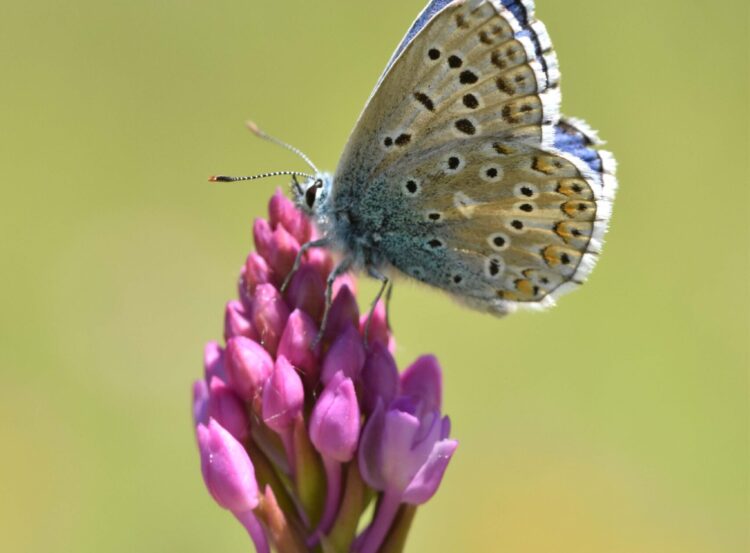PDL, Bolloré Thin Papers’ manufacturing site, is situated in an urban-industrial area in the town of Publier, at the edge of Léman lake.
Bolloré Thin Papers began its operations on this site in 1911.
Being aware of the natural environment surrounding PDL, and committed to preserving this environment, we wanted to know what species of fauna and flora were nearby and carry out reports on these, in order to determine our impact on these species and put measures in place to protect them.
This process motivated us to have a Biodiversity Audit® carried out in 2012, and we were the first thin paper company in the world to do so.
The audit showed that our business was:
- fairly disruptive in terms of biodiversity: the site contains many green spaces with rare species of plants and a wide variety of fauna.
- dependent on services provided by nature (water and wood).

